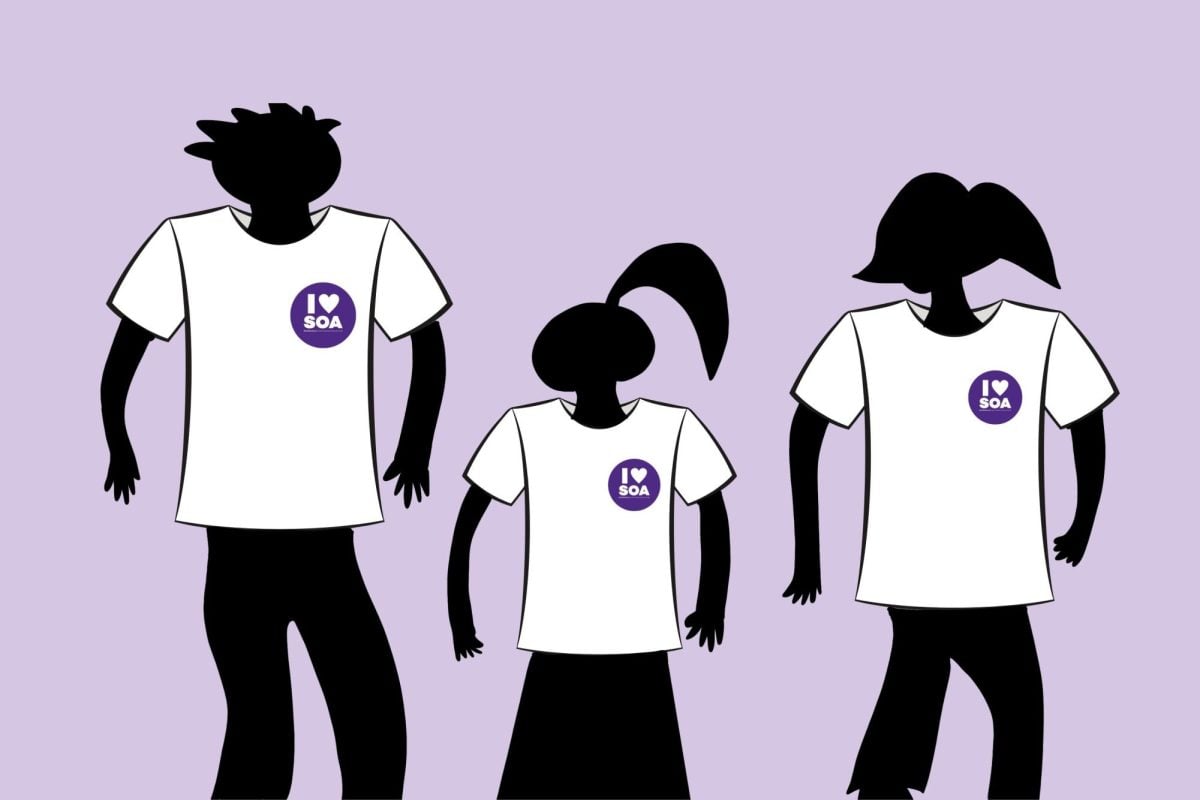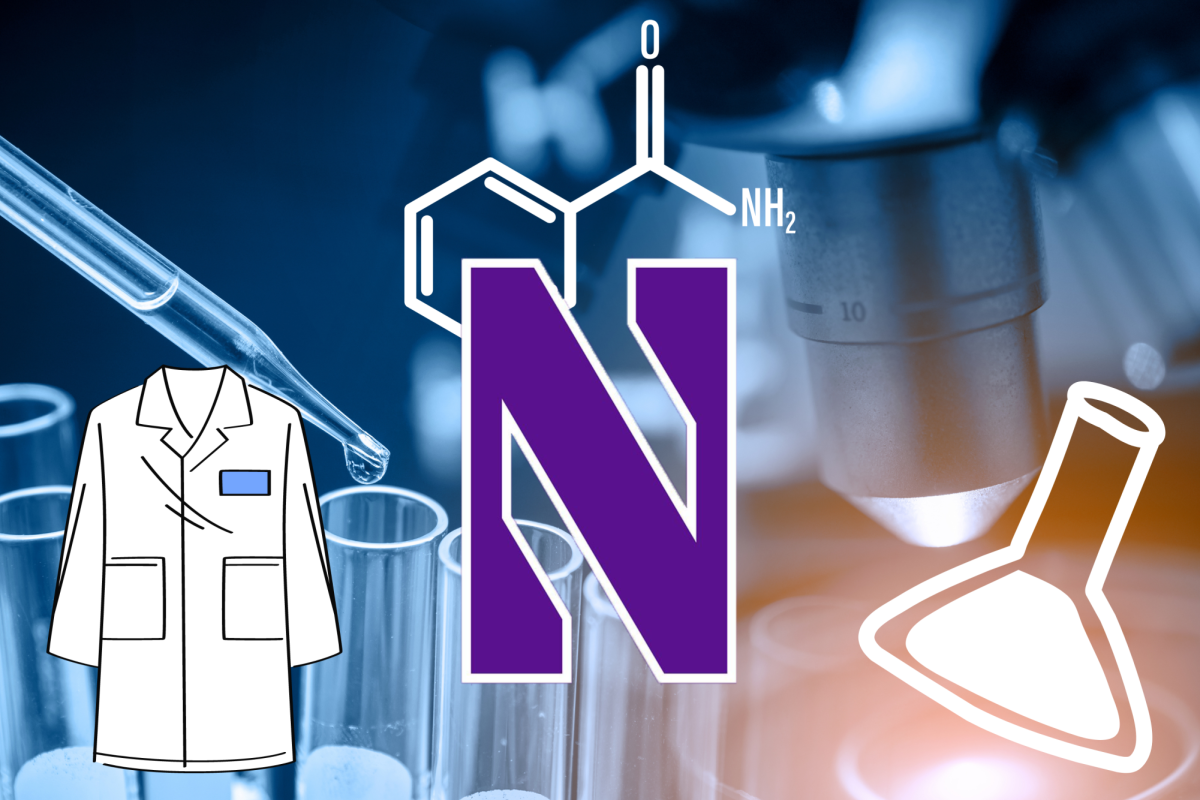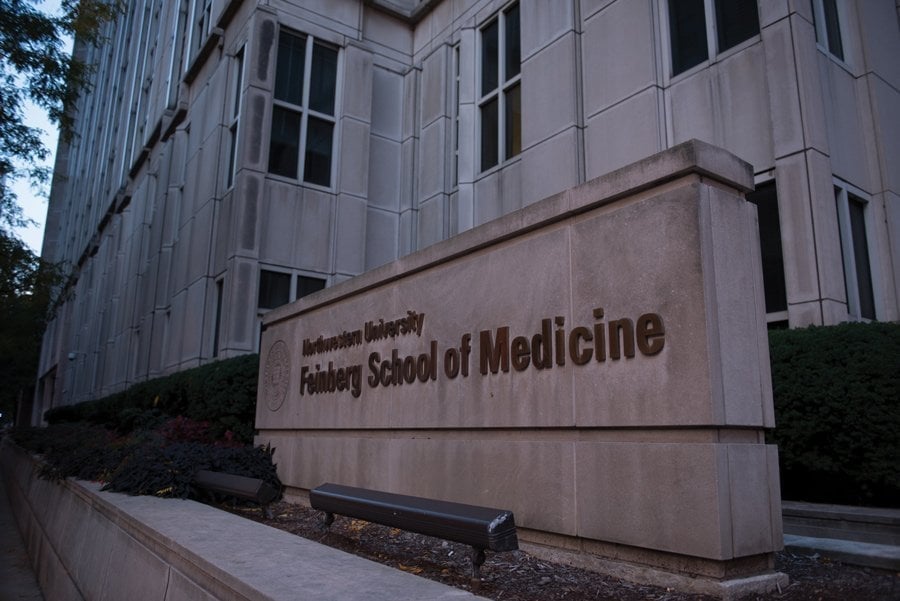Northwestern researchers have discovered an effective and unique way to starve lymphoma cancer cells to death without affecting normal cells.
“We basically developed a way to fool cancer cells into killing themselves,” said Marina Damiano, a PhD candidate in chemistry who worked on the study. “And that was by tricking them into thinking that they were going to get fed with their favorite food, high density lipoprotein (HDL).”
Lymphatic cells are white blood cells that help regulate the immune system. Too many lymphatic cells eventually form tumors, resulting in lymphoma. With hopes of feasting on a bit of cholesterol inside, lymphoma cells use special receptors to locate HDL, a form of cholesterol.
The solution was a Trojan horse — the outer shell of normal HDL with a toxic gold nanoparticle inside. Tricked by the familiar outside, the cancer cells quickly attempted to eat the treatment, only to plug up their cholesterol receptors. The cancer cells died three days later, no longer able to receive or release cholesterol, said Shuo Yang, a postdoctoral fellow and study author.
Importantly, in mice, the treatment stopped tumor growth without harming normal cells.
“So normally, patients with chemo lose their hair and lots of fat content because the treatment can’t selectively target cancer cells,” Damiano said. “What we have is a therapy that kills cancer cells and leaves normal cells alone.”
Human testing is still far away, though, Yang said, with many mysteries still remaining about the results. For example, liver cells have the same cholesterol receptors as cancer cells, but the nanoparticles strangely left them alone, she said.
Weinberg senior Joel Finbloom, president of Cancer Outreach and Prevention Education, said drugs normally take five to 10 years from the initial breakthrough to clinical trial in humans.
“Like every new drug candidate, the HDL nanoparticle will need to undergo further testing,” said lead study investigator Dr. Shad Thaxton in a press release.
Finbloom said this research is part of a new wave of specifically treating different types of cancer.
“There are a lot of people who are involved in these clinical trials and experimental research, and that benefits a lot of people,” he said.












